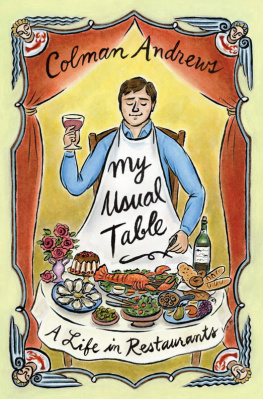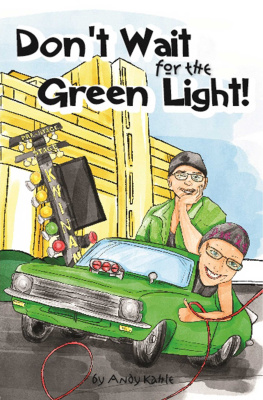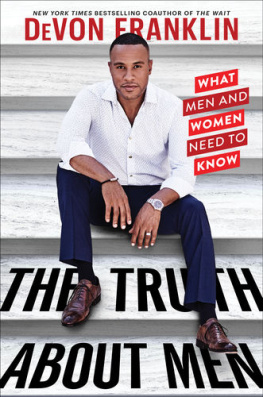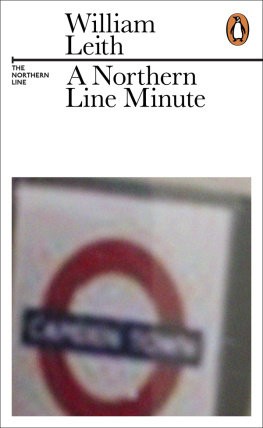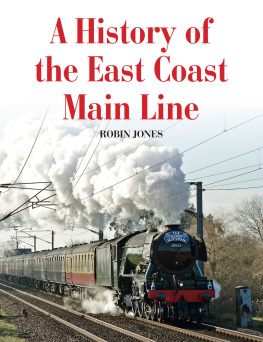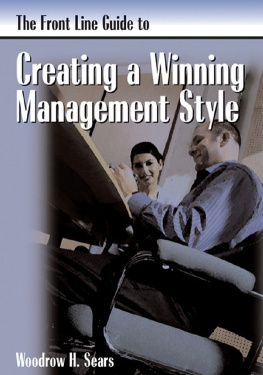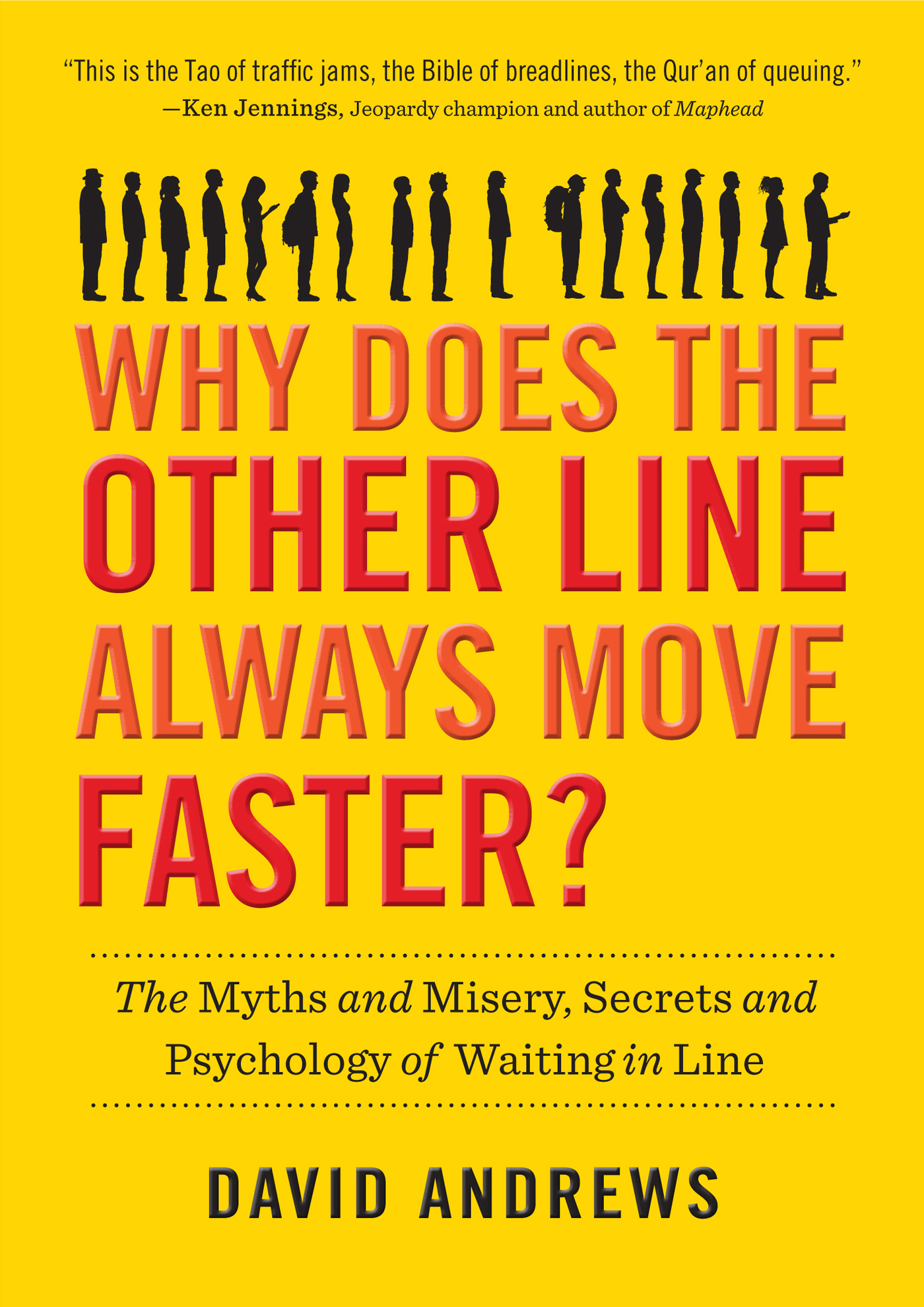
Why Does the
Other Line
Always Move
Faster?
The Myths and Misery, Secrets and Psychology of Waiting in Line
David Andrews
Workman Publishing Company
New York
Contents
Chapter One
The Taming of the Queue
A Life in Line

M any minds have explored the question of how we tame the queue, which is to say: How do we reduce the ubiquitous and obnoxious presence of line standing in our lives? But Im equally interested in a separate question: How does the queue tame us?
The question first came to me circa summer 2002. I was nineteen. My parents had driven up to visit me on Liberty Weekend, the three days toward the end of boot camp at Great Lakes Recruit Training Command (RTC), outside of Chicago. This is when young sailors-in-trainingeager-beaver and hunting in packs in those sparkling starched white uniforms they must all wear by decreeare at last unleashed into the streets of suburban Chicagoland for eight hours or so, before reporting back by five in the evening, jazzed up for the first time in weeks on candy, matinee movies, Six Flags, and (for the lucky few) sex.
I wasnt much of a letter writer then, and all phone calls home Id made were brief and perfunctory (not by choice; we had less than a five-minute window to use the pay phone once every two or three weeks), so my parents arrived with questions: So-o-o-o, how was boot camp? What was it like? What did we do in boot camp? Did I feel... different?
I stumbled. Boot camp was... but then didnt really know what to say that felt satisfying in any way. Id learned the dead mans float. I knew the feel of pepper spray in my eyes and lungs from a macabre exercise they call the Confidence Chamber. I could now iron straight creases into shirts and fold clothes with a rigor and geometric exactitude mostly reserved for engineers and OCD sufferers. Id learned some colorful new language, though little I could share with my parents. My shoes were so well polished, I could see my reflection in their tips. Beyond that, there wasnt much to report. I felt I had been through an exhausting ordeal, that I had somehow been changed, so it was a little mystifying to me that I had so little to say after seven-plus weeks.
The basic fact about human existence is not that it is a tragedy, but that it is a bore. It is not so much a war as an endless standing in line.
H. L. Mencken
Thats it? So what did they have you do all day? my mother wanted to know.
Um, well. A lot of standing. A lot of waiting. Standing in line. Standing in formation, which is like standing in line. Its not very interesting. Its actually extremely, extremely boring. This was true on all accounts.
Waiting for what?
Waiting for the chow hall. For uniforms. For doctor exams, eye tests. For everything, really. A lot of the time they just make you wait until they tell you to stop waiting. Just stand in this line, and dont move until I command you to move.
Ach. Lines. This was my father, his nostrils flaring with a note of disgust. A subject that always got his goat; the rant Id heard countless times before: Listen, I wont stand in them unless I absolutely have to. Ive had enough lines for one lifetime. Ill come back later, rather than waste my time. My parents (and attendant children) had spent seven years living and working as expats in the post-Communist Romania of the 1990s, in which for various reasons (failures in market supply chains, a crippling bureaucracy left over from the days of Ceausescu, et cetera) there were impossibly long lines for almost anything you can imagine: gas, eggs, milk, bread, the post office, currency exchange, visa renewal. Queuing was sort of the unofficial national pastime, placing third only to soccer and the American television import Dallas (both followed with a religious zeal: The streets emptied, businesses closed up shop, parents named sons J.R. and Bobby).
Having returned stateside, my father now abstains on principle. There is precious little in this life thats worth more than, say, five or ten minutes of his time. Hes the sort who, under the guise of being helpful, will fill out customer service cards complaining of the delaythe businesses that have at some point filed away his criticisms must number in the triple digits by now.
Well, you know, David, he said, in that manner that certain middle-aged fathers sometimes have: They have reasoned out the subject to its logical endpoint and will now impart to you in no uncertain terms the truth of the matter, which you will no doubt agree is just common sense. The military is basically a socialist organization. The governmentit pays you, feeds you, clothes you, provides your health care at no cost. No ones ever fired, no matter how incompetent. This is why theres so much waiting. No ones pressing them for quicker service. No one has to compete in the marketplace.
The lesson my fathera onetime business major, now a small-business owner moonlighting as the proud interim president of the Chamber of Commerce of an out-of-the-way town on the West Coast with a population of 1,671had arrived at from his time in Eastern Europe was that free markets liberated from government constraints cured a world of ills. In his mind, the word citizen is cousin to the word customer, and no businessman in his right mind would risk alienating his customer base with long lines. For him, the problem with big government is that it holds a monopoly and doesnt treat its citizens like customers. If only Washington were run like a business.
I didnt necessarily disagree with his assessment in this particular case, although I disagree with him on plenty of others. It was certainly true that Ilowly seaman recruit that I waswas no customer in the eyes of the military. No one was concerned with whether I was happy or not. In fact, keeping recruits unhappy is kind of the point.
But there was also certainly a lot more to this business of standing in line in the military than simply waiting for goods and services, something deeper. There had to be. In fact, the norms of how to stand in line are pretty much the first thing they teach you.
For example, here is what my first ten minutes of boot camp were like, after stepping off the shuttle that ferries new recruits from OHare International to RTC. The couple dozen of us newbiesdopey and doe-eyed, trying not to look terrifiedwere shepherded into the holding area of the Recruit In-Processing Center, a large, windowless, slate-gray hallway that reminded me of my rural Midwestern high school built in the architecturally utilitarian 1970s: austere, immediately forgettable, all possible distractions effaced to keep moony teenagers on task. All of us looked befuddled and shabby-looking, and not a few looked hungover (perhaps thered been the inevitable last hurrah the night before, at the fleabag ashtray-smelling airport hotel contracted to service all incoming recruits), clutching duffel bags, wearing loose jeans and T-shirts with the names of rock bands or beer logos emblazoned on them.
Presently a tall first-class petty officer, a recruit division commander (the navy equivalent of a drill instructor), detached himself from a phalanx of other RDCs to direct traffic, barking in a loud, clipped, condescending voice (think R. Lee Ermey from



